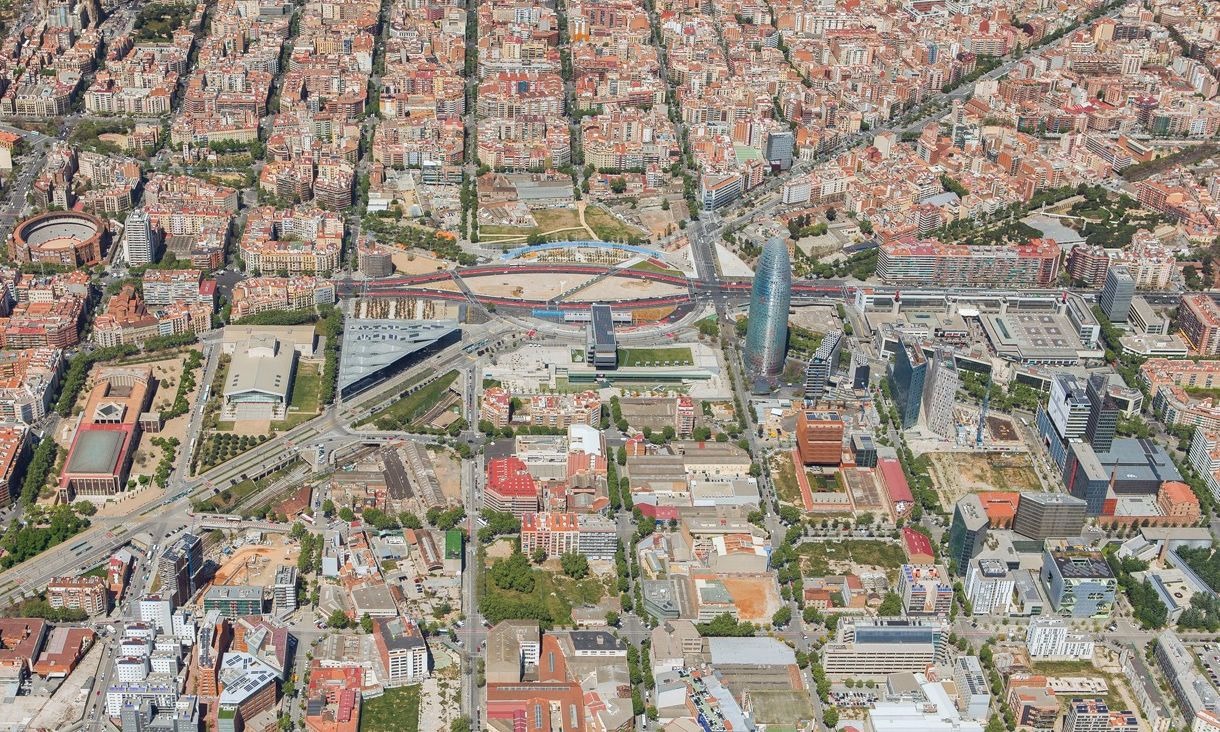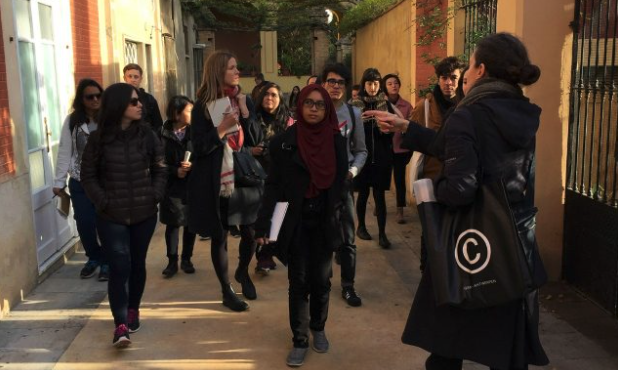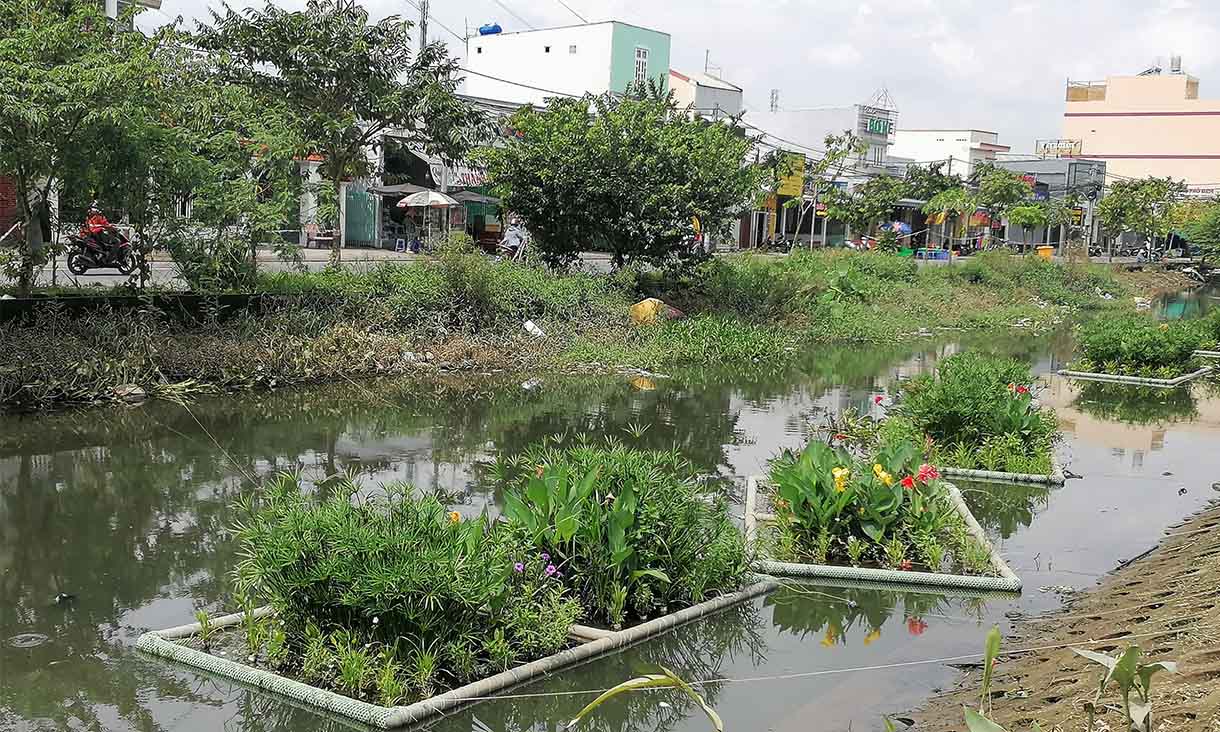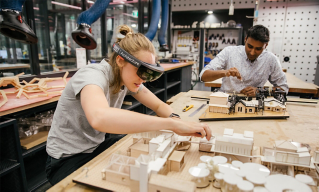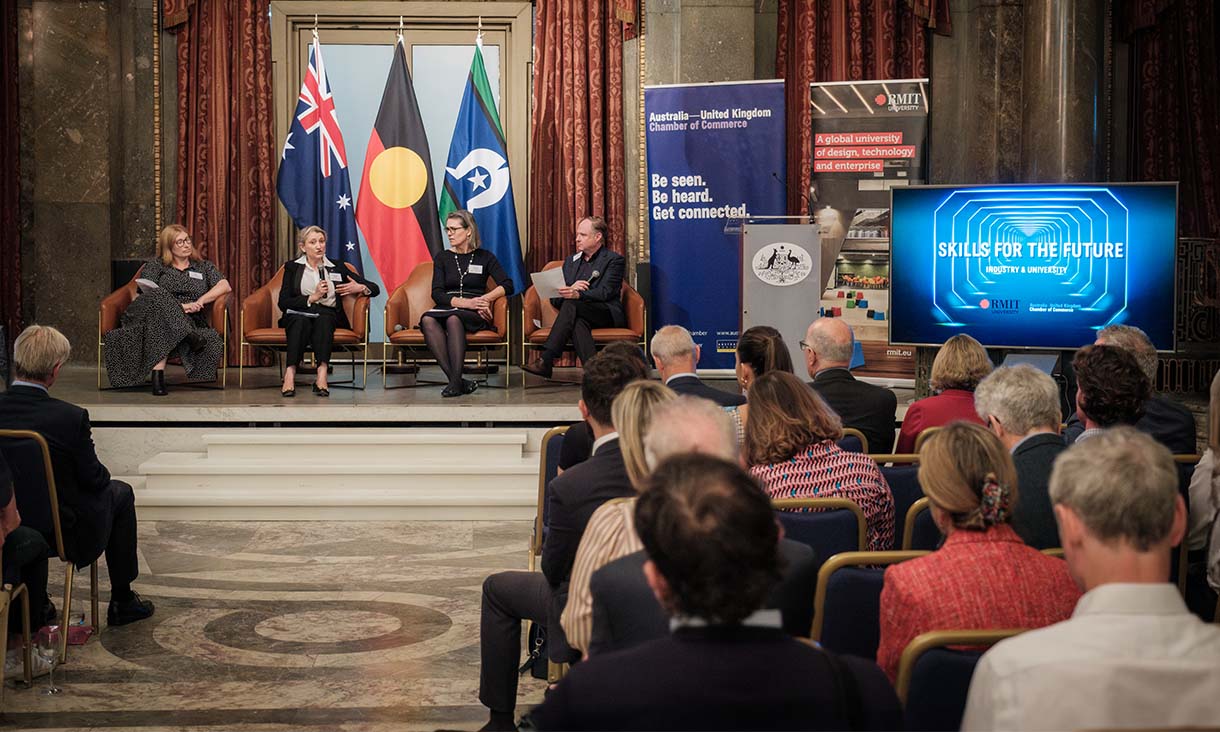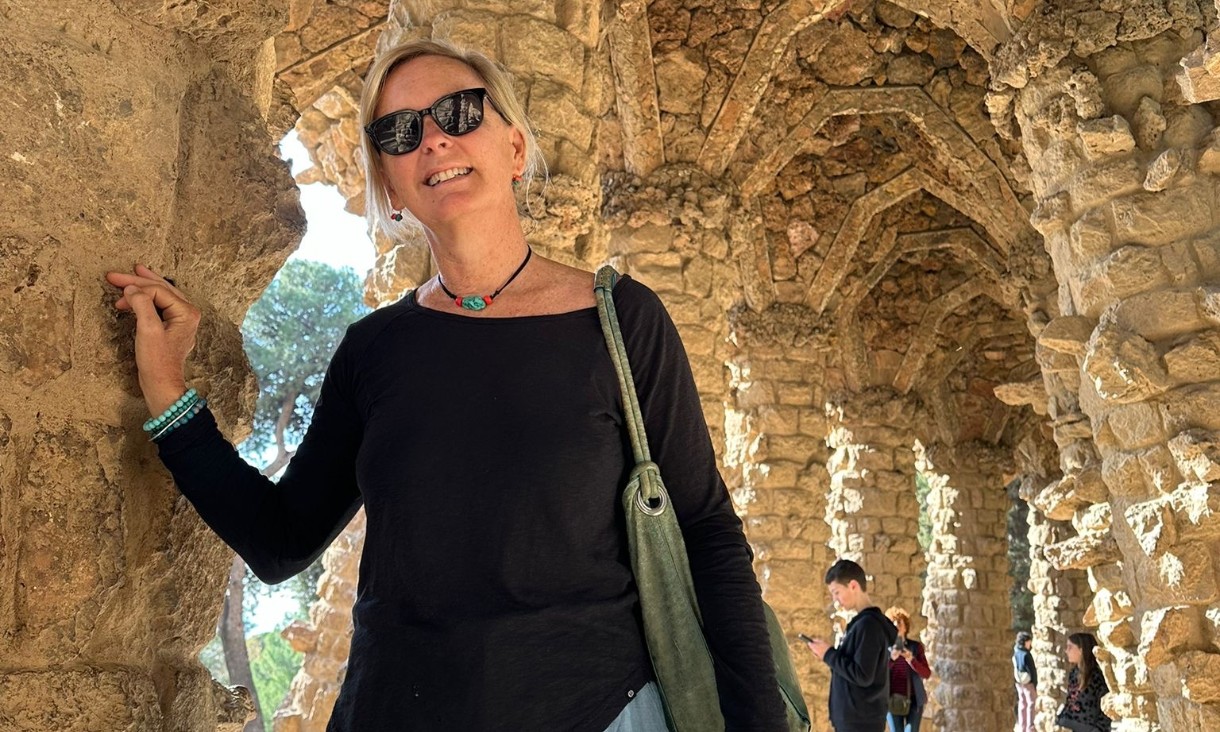The group’s work, which was part of an RMIT global intensive and suppported by RMIT Europe, focused on the district of Vallcarca – a neighborhood in the north of Barcelona impacted by planning and speculative commercial ventures.
“We looked at collective housing as a tool to aid the city,” explained Master of Architecture student Elizabeth Acland.
The students spent the first three days learning about the area through photographs, drawings and films but mostly by walking and exploring the site.
RMIT Professor Eva Prats, the founding partner of Spanish architecture firm Flores & Prats, led the group during the two-week global intensive with RMIT Professor Mark Jacques from Melbourne.
And the experience left an impression on the students.
“In the brief time that I was in Barcelona, I really feel I learnt skills that I will take forward in every aspect of my work,” Acland said.
“The studio has a very particular approach that is completely different to any other studio I’ve been involved in.
"It encourages more analogue modes of working, which are driven totally by observations and Eva’s style of working has a sensitivity that I found inspiring.”
The students were tasked to develop a proposal for new urban growth that would include 9,100 square metres of new or renovated housing space as well as a civic centre and outdoor space to help community building in the area.
It gave the group the opportunity to test their design skills to the urban design development of a real site in Barcelona.
The global intensive is optional for the Master of Architecture students. For the students completing the Master of Urban Design, it’s part of a series of international studios to be completed during the second year.
Jacques, one of the RMIT professors involved in the global intensive, said it’s a unique opportunity for students.
“The program has an enduring interest in the idea of ‘The Local’, which refers to how conditions that are particular to a site express themselves in the city,” he said.
“The global intensives in Barcelona and Ho Chi Minh City, along with the program run in Melbourne, provide students with an invaluable experience in seeing three vastly different sets of local conditions and testing how they might be understood and made operational in new propositions."
Story: Patricia Lora
